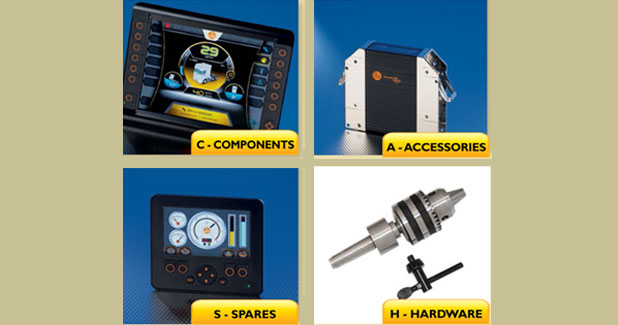
Smart Construction Enablers: Machine Control Techs
The Indian construction industry?s earlier perception ?they are expensive features but not required? has seen a paradigm shift. Today, the users insist ?provision of productivity, enhancing, economising and operator friendly assistance features in the equipment is our primary requirement.?
Overall project cost containment within budget, timely or early completion; safety standards; emission compliance; construction accuracy and quality are some of the prime objectives of project owners both government, PSUs and private players alike. In turn, they aggressively extract similar commitments from their selected contractors, forcing them to utilise technologies for smart and cost-efficient construction without compromising the essentials.
Learning from experience, the technology suppliers have also understood that India is a price sensitive market. In the interest of their business sustenance, they have to offer state-of-the-art, high-tech but cost-effective machine control solutions to the customers. They are all falling in line to meet these challenges.
Across the board, machine control is changing the way construction companies operate. Machine operators work faster, smarter and better with machine control. Although every machine is different, we estimate that more and more contractors will recognise the value of these features in terms of time and cost savings in the range of 20-50 per cent.
Total Equipment Integration, including remote connectivity on and off the job site to streamline processes such as sending and receiving 3D digital designs, production data, and remote support tools are now around the corner to help augment better and more efficient work and adherence to tighter timelines on infrastructure projects. Many governments around the world include the use of technology in contractual requirements, especially with respect to quality control. They have already started to comprehend the financial benefit of Telematics and machine control technologies, and we expect to see more jobs requiring these technologies included in the bid specifications of future tenders being issued in India.


 +91-22-24193000
+91-22-24193000 Subscriber@ASAPPinfoGlobal.com
Subscriber@ASAPPinfoGlobal.com